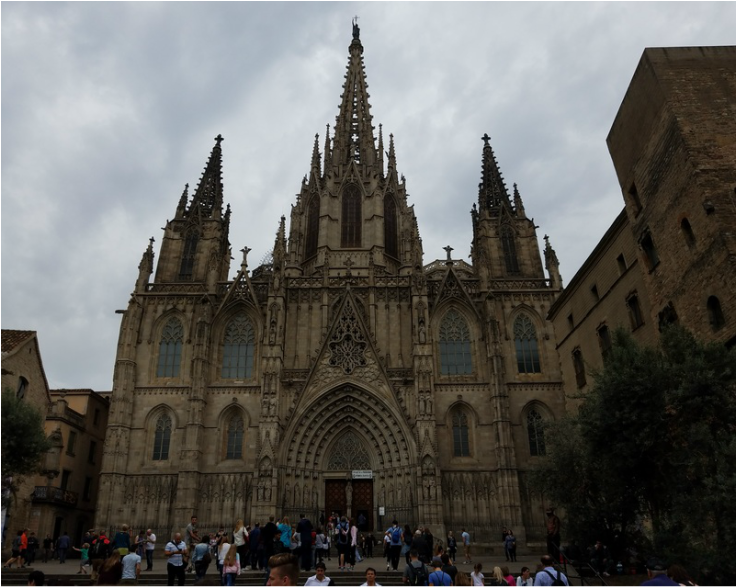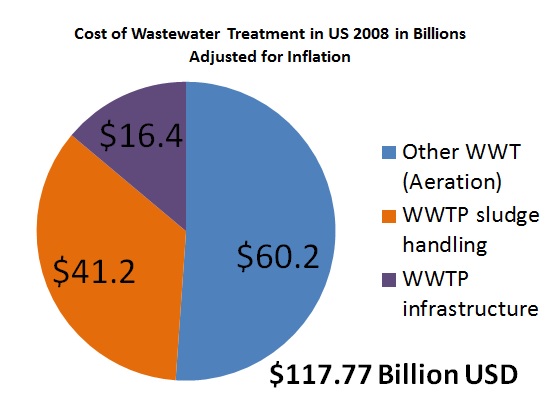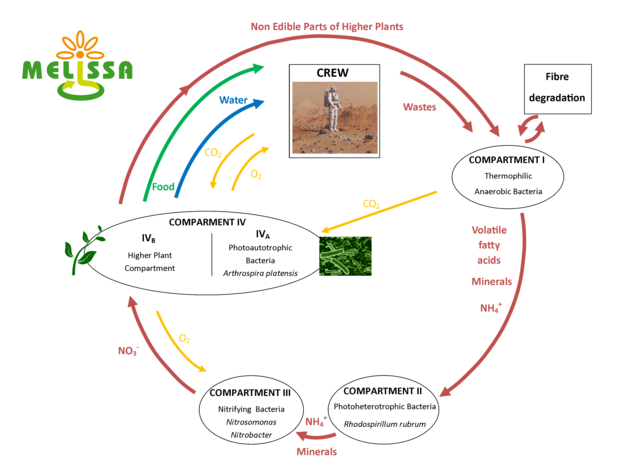“…[S]tart transcending, and what you find is that life gets better. It’s the key for human beings and it’s absurd that everyone isn’t transcending everyday. It’s what we’re supposed to be doing. And you grow fast, evolving fast towards enlightenment.”
|
Science /ˈsīəns/
|




 RSS Feed
RSS Feed